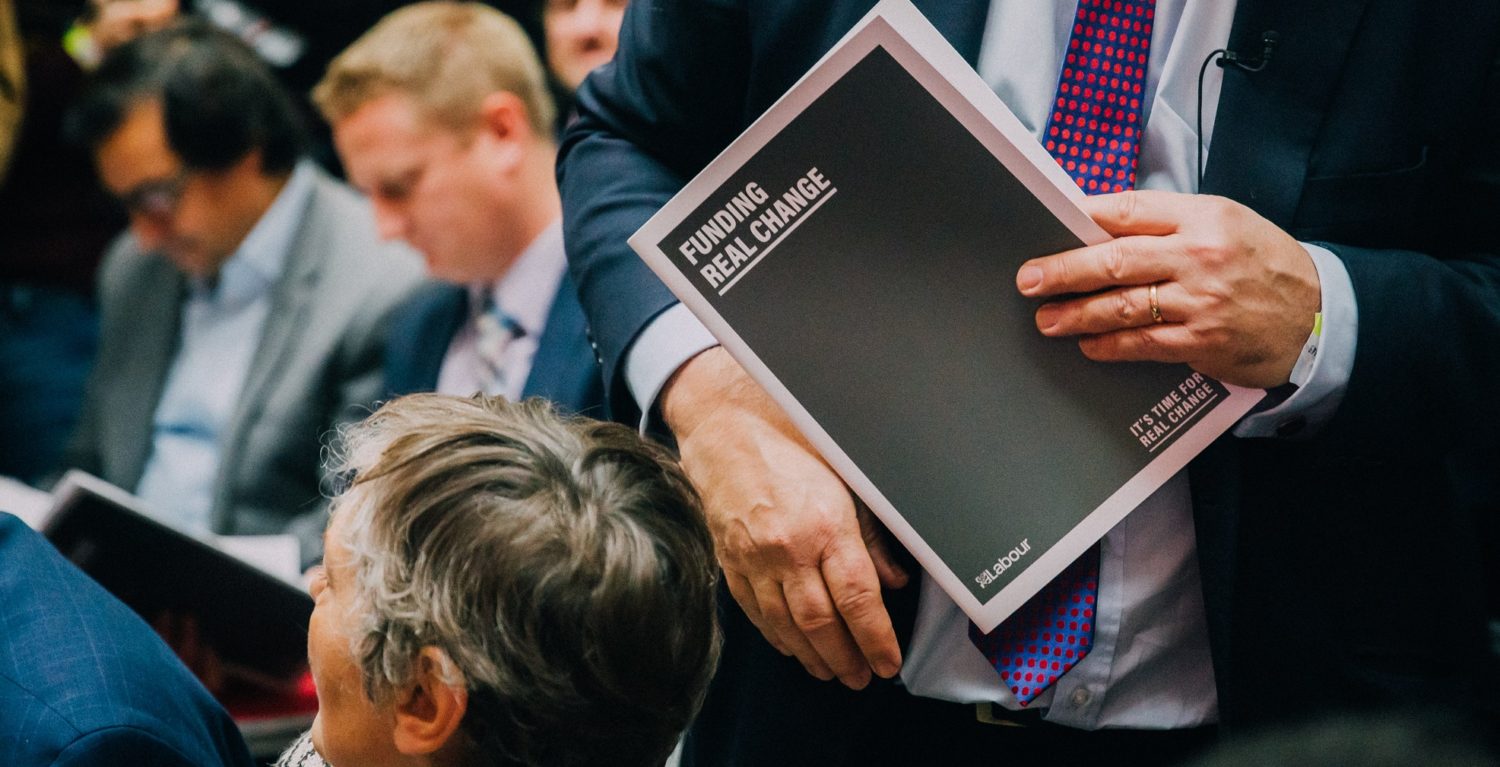A true alternative
Examples in Europe show that Labour’s plans for economic democratisation can work, writes Zwan Mahmod.
We understand what it means to democratise a regime or a system but the idea can also be applied to our economy. Economic democratisation refers to a process of changing the ownership structure of the economy to give the average citizen a greater role – and it is indeed already in progress in Spain with the Mondragon Corporation, with citizen-owned energy schemes in Germany and in the UK, with the Co-operative Group.
The Labour party’s new manifesto shows a firm commitment to economic democratisation. The manifesto’s ‘tackle poverty and inequality’ section is especially interesting, and mentions the creation of inclusive ownership funds which give employees a stake in the companies they work for and a share of the profit. Under a Labour government, ‘up to 10 per cent of a company will be owned collectively by employees.’ This policy will allow people meaningful control over their workplaces. Those who work somewhere should be the ones making the decisions about its future. The concept applies both to administrative control and ownership. Consequently people will have a true stake in their workplace and are therefore more inclined to invest their time, money and effort which could have positive consequences for the economy.
Labour’s shadow chancellor John McDonnell’s economic plans are dedicated to “completely transforming the way our economy works”. The new manifesto for instance, outlines the party’s desire to renationalise the rail network and the ‘big six’ energy companies. McDonnell’s own policies to allow workers the power to elect their directors is just yet more evidence that Labour are committed to economic democratisation. So what can be learnt in practice from Europe?
The case of the Mondragon Corporation (MC) in the Basque region of Spain is the largest and one of the most successful cases of economic democratisation in action. The MC is a federation of hundreds of cooperatives, currently employing over 80,000 people and with a global turnover of €12bn worldwide. The corporation works on the four areas of finance, industry, distribution and knowledge. Several features distinguishes the MC from other corporations. There are wage caps in which the general managers and executives earn no more than nine times as much the lowest paid workers, which stands in stark contrast to the average large corporation where the CEO may earn hundreds of times more than the lowest paid worker. Those who work at the MC have real power to make and influence decisions, with the existence of a general assembly where each worker has a vote, regardless of how rich or poor the individual is. Workers therefore go from passive observers to active participants. The core focus of the model is the maximisation of employment. Spain was one of the worst hit by the 2008 financial crisis and in the years following countless corporations reduced their workforce. The MC, however, voted to lower wages for everyone and therefore retained more workers even if they were being paid less than before. A lower paying job is better than no job at all.
Another aspect of Labour’s plans for economic democratisation is citizen-owned energy and Germany provides a fascinating case study in this regard. Citizen-owned energy schemes are distinct from state ownership as existed from the post-1945 era until the 1980’s and means residents own or have a stake in energy companies. Democratising this sector will entail involving the people who are most affected by changes in it, whether it’s issues of pricing or the type of renewable energy chosen. Of course, costs, environmental factors and geography need to be considered, yet the principle that the bulk of citizens will decide on such a fundamental aspect of our lives, and not privately owned companies, must hold.
In Germany, 50 per cent of all renewable energy generation is community owned. This consists of various schemes including wind farms, bioenergy schemes and solar parks. The nature of ownership and involvement varies from case to case but the essence of the idea is that the average citizen and community own energy installations involving them in decision making while also benefiting them financially. In addition, individual citizens have installed solar panels on their roofs, with the subsequent electricity being used for personal use or put into the grid. The entire enterprise allows greater freedom of action for people, more money in their pockets and represents a greater concerted effort to meet our needs in a sustainable manner. Labour’s shadow business secretary, Rebecca Long-Bailey has outlined plans for the creation of a carbon neutral energy system by the 2030’s. Long-Bailey promises to “ensure that the changes to our energy system will be planned democratically, with the interests of workers and local communities at the heart of the transition”. This is an important commitment by a member of the shadow cabinet and suggests the potential for a Labour party to democratise the economy and favour the interests of workers during the transition to a carbon neutral energy system.
Economic democratisation is the next stage of economic development. It reimagines the relationship between the individual and his community and is a system which seems to produce greater satisfaction among workers, greater income parity and an alternative to polluting our environment. The upcoming general election makes the need for economic democratisation more, not less, important as it is emphasises the difference between Labour and the Conservatives and provides what is often demanded by the public: a true alternative.
Photo credit: Jeremy Corbyn/Flickr

